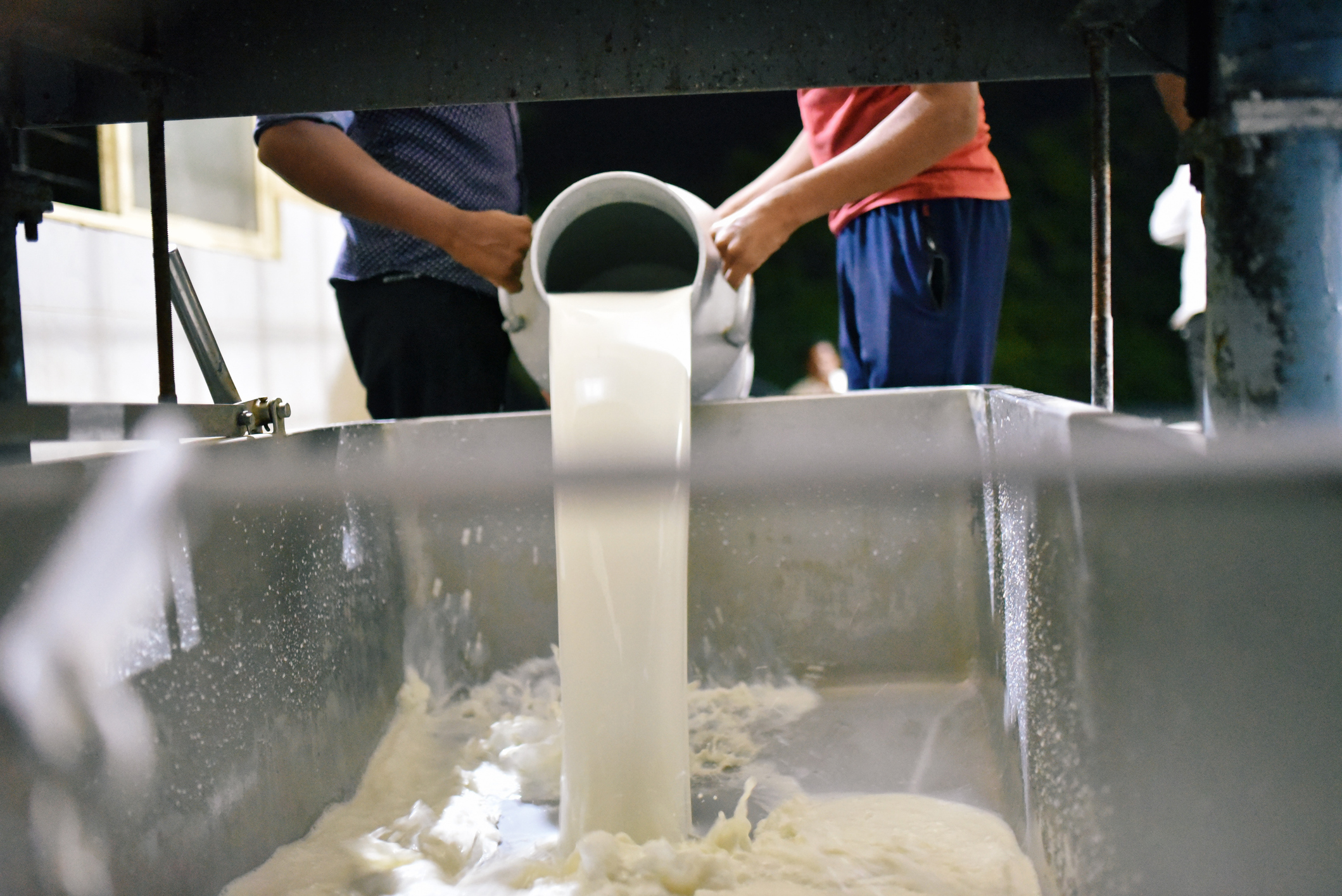The National Institute of Food Technology Entrepreneurship and Management (NIFTEM-K) made remarkable strides in 2024, unveiling cutting-edge technologies to fuel growth in India’s food processing sector, as highlighted in a year-end review by the Ministry of Food Processing.
Among the Institute’s innovations are SARTHI Technology, which integrates advanced digital technologies with sensors, a hybrid drying process, and a biodegradable film made entirely without plasticisers.
Additionally, NIFTEM-K has developed rapid detection kits that identify pesticides in tea and harmful compounds such as acrylamides and aflatoxins using nano-sensors and enzyme inhibition principles.
NIFTEM-K’s pavilion at World Food India (WFI) 2024 showcased its achievements, displaying a range of innovative products, including ready-to-cook and millet-based items, Vitamin B2 and B12 fortified yoghurts, functional foods, ghee powder, vitamin D-enriched snacks, biochar from corn cobs, and cutting-edge equipment like a Boondi-making machine and 3D printing models.
These advancements garnered significant attention from stakeholders across the food industry, solidifying NIFTEM-K’s role as a leader in technological innovation.
A key achievement for NIFTEM-K in 2024 was the enrollment of 184 B.Tech. students from 22 states, highlighting the growing interest in food science and technology among young Indians.
This development reflects the Institute’s rising reputation as a center for academic and technological excellence.
NIFTEM-K also played a crucial role in empowering rural communities through its Village Adoption Program (VAP), which reached its 19th edition in 2024.
The program impacted 21 villages across nine states, involving more than 360 students and 50 faculty members.
The initiative promoted income generation and entrepreneurship through food processing, addressed social issues, and raised awareness of government policies, ensuring sustainable development and the transfer of food processing technologies to rural areas.
The Institute further strengthened its position in the food processing sector by signing Memorandums of Understanding (MoUs) with 11 leading companies, including Hindustan Unilever, Nestlé R&D Centre, TetraPak, and Marico.
Collaborative agreements with academic institutions like IIT Bombay and AIIA enhanced research capabilities, focusing on new product development, technology transfers, and student exchange programs.
During World Food India 2024, NIFTEM-K successfully transferred five innovative technologies to food companies and startups, underscoring the practical impact of its research initiatives.
The Institute also fostered entrepreneurship and innovation through the SUFALAM 24 event, a StartUp Forum for Aspiring Leaders and Mentors, which provided a platform for collaboration between academia, startups, and industry leaders.
NIFTEM-K partnered with HDFC Bank Ltd. to offer grants to eight startups under the NSIP 4 program, providing incubation support, pilot plant access, lab facilities, and mentorship.
The Institute aims to support over 300 startups within the next five years, driving innovation in the food sector.
In response to climate change challenges in the agro-food sector, NIFTEM-K organized the National Conference on Efficient Food Processing for Environmental & Climate-Change Trends (EFFECT).
The conference addressed critical topics such as climate-smart food processing, renewable energy usage, waste valorization, and process modifications to reduce greenhouse gas emissions, facilitating collaborations with delegates from FAO, ICAR, CSIR Institutes, and top food companies.
NIFTEM-K also expanded its global footprint in 2024, notably signing an MoU with the University of Melbourne, ranked 13th in the QS World University rankings.
This collaboration will boost research programs, student exchanges, and joint degree opportunities.
Additionally, the Institute hosted visits from diplomats and senior officials from Chile, Japan, and Australia, further strengthening its international presence and fostering partnerships with top-ranked institutions from the US, Canada, Italy, and Thailand.
(With input from IANS)




















